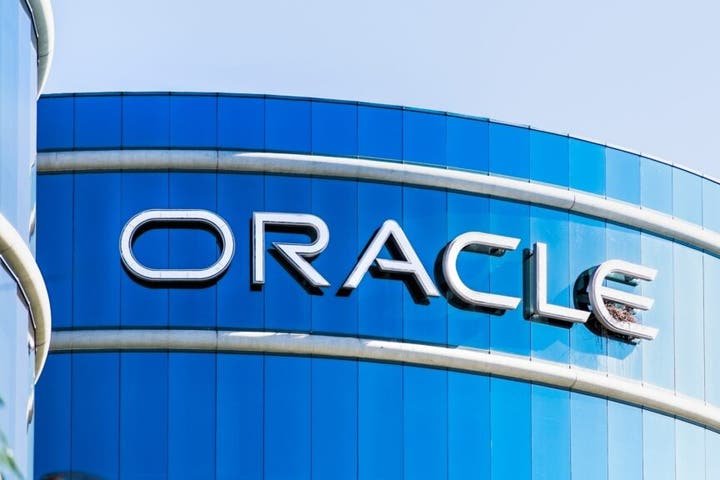A Catalyst for Change
What if I told you that Bitcoin, the digital currency that stirred both admiration and skepticism, could reshape our everyday transactions? Jack Dorsey, the trailblazing CEO of Block, has stepped into the ring with a bold proclamation that could change everything: Bitcoin isn’t just a cryptocurrency; it’s currency, plain and simple. This transformative stance seeks to shatter the old mold and usher in an era of zero-fee payments by 2026. Bitcoin as currency transcends mere terminology; it represents a seismic shift that could alter adoption rates and the very fabric of market activity.
Bitcoin: The Backbone of Financial Systems
In Dorsey’s own words, “Bitcoin is not cryptocurrency; Bitcoin is money.” This assertion positions Bitcoin as a core player in the financial sphere, poised to gain traction among merchants and potentially sway regulators to recognize its practicality. Such a reclassification carries profound implications — it could stir new conversations around regulatory frameworks and boost liquidity in the Bitcoin market, creating a more stable economic landscape. Imagine a world where Bitcoin isn’t just a buzzword but a key ingredient in our everyday financial transactions.
Reimagining Payment Structures: Zero Fees Ahead
At the forefront of Dorsey’s vision lies a promise that could redefine commerce: zero-fee Bitcoin payments. By eliminating transaction costs, Block paints a picture of a world where small businesses can seamlessly embrace Bitcoin without financial strain. The move toward zero-fee Bitcoin payments does more than alleviate burdens for merchants; it champions a more effective digital payment ecosystem that’s crucial in our tech-driven society. This pivot could see Bitcoin transition from a speculative instrument to the very currency of daily life, altering the rules of both online and physical shopping dynamics.
The reaction to Dorsey’s ambitious declaration sent shockwaves through the Bitcoin market, with over $1 billion in liquidations cascading down as traders recalibrated their perspectives. Initial market reactions pushed Bitcoin prices southward, igniting a debate about the potential ramifications of this bold reimagining of Bitcoin’s role. Sure, volatility can feel disconcerting, but as institutional champions like Dorsey lead the charge, the prospect of stability and renewed investor confidence could very well come to fruition.
Legislative Winds: Shaping the Future
Dorsey’s mission gains further leverage through evolving discourse in Washington, with key allies like Senator Cynthia Lummis advocating for tax exemptions on minor Bitcoin transactions—an initiative that could significantly propel Bitcoin adoption trends. If this proposal gains traction, it would lower the entry barriers for everyday users, solidifying Bitcoin’s place in mainstream finance.
A New Dawn for Merchant Engagement
As businesses prepare to unlock the potential of zero-fee Bitcoin payments, a fresh operational landscape takes shape. Enterprises that embrace Bitcoin now could witness significant gains, particularly when contrasted with the fees associated with conventional payment methods. The notion of Bitcoin as a speculative asset is quickly fading as we see an increasing inclination among merchants, especially younger innovators who are keen to meld digital asset strategies into their business frameworks.
Navigating an Unpredictable Terrain
Dorsey’s aspirational vision for Bitcoin as a currency is inspiring, but the path ahead is fraught with challenges. Crypto startups must contend with not only brutal market fluctuations but also unpredictable regulatory landscapes. The blurred lines between traditional fiat and cryptocurrencies impose a necessity for these new ventures to realign their strategies in response to shifting realities in the digital economy, weighing the allure of potential against the shadows of risk.
The Road Ahead
Jack Dorsey’s fervent advocacy for Bitcoin is more than an evolution in language; it represents a profound leap towards integrating digital assets into our daily financial habits. With eyes set on zero fees and evolving regulatory frameworks, the digital payment scene is on the cusp of monumental change. For both startups and merchants, adeptly navigating this uncharted terrain will be essential, striking a balance between seizing opportunities and staying vigilant against the risks that lurk. As Bitcoin edges closer to becoming the cornerstone of everyday transactions, our relationship with money is poised to undergo a radical transformation. In this rapidly evolving world, informed action and strategic vision will be the keystones of future financial success.











